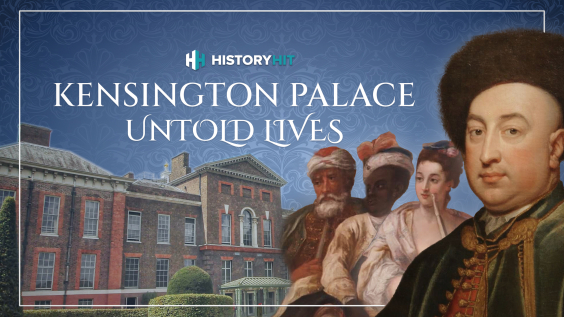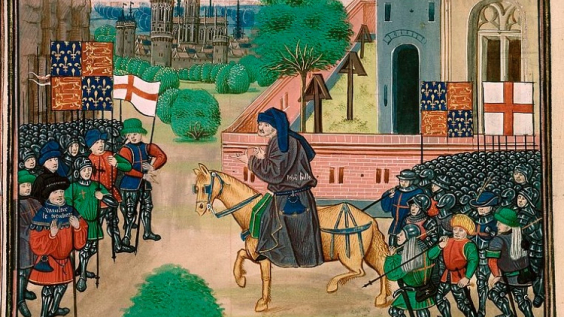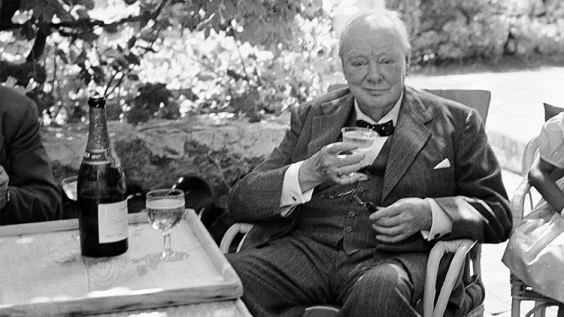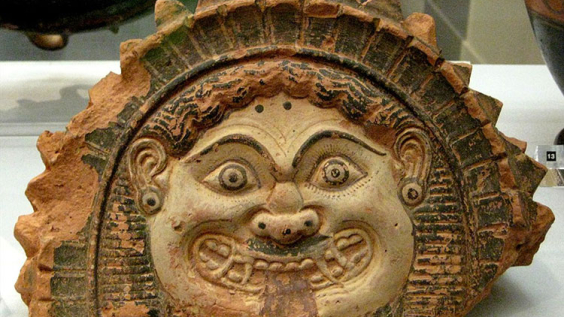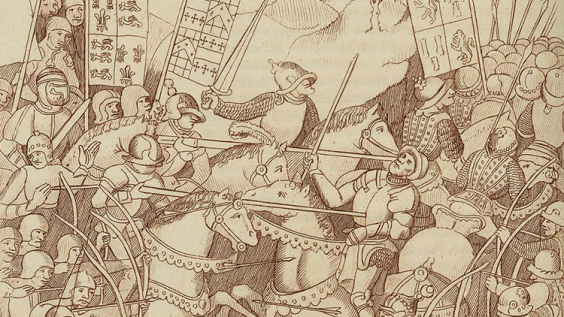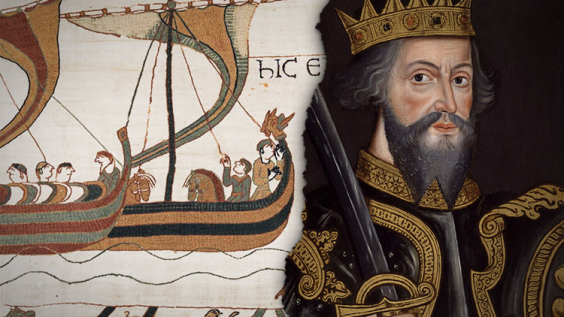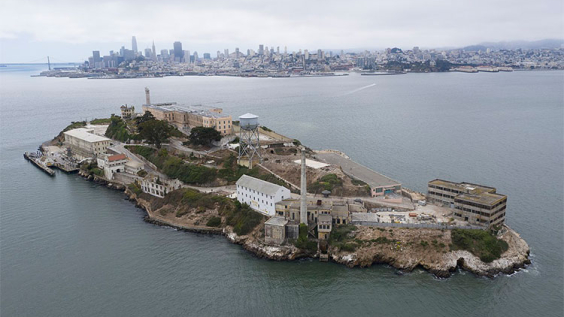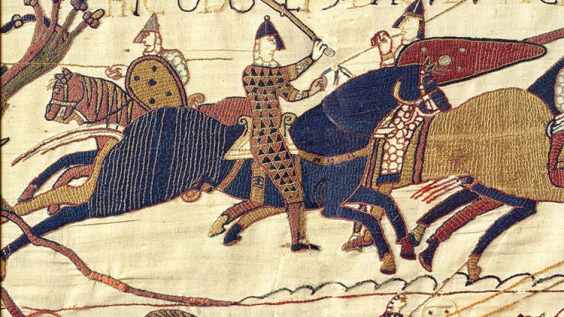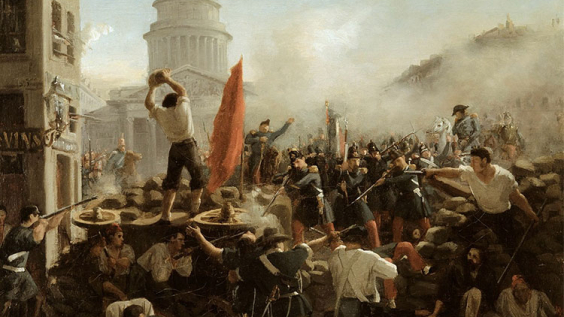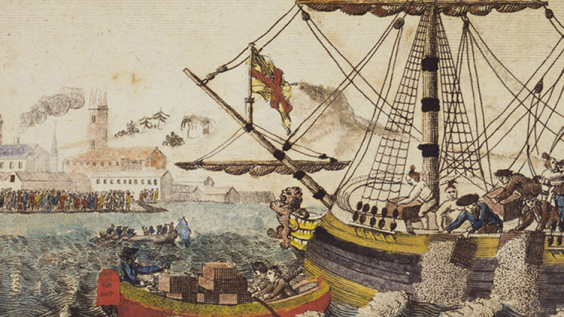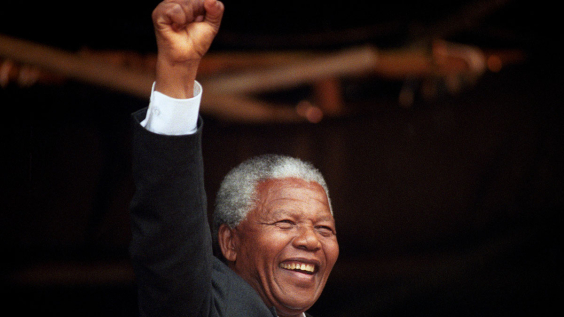
Ulysses S. Grant was the commander of the Union armies during the American Civil War, and then the 18th President of the United States. He has a varied legacy, with a huge surge in unpopularity during the early 20th century, and attempts at rehabilitation during the twenty-first.
He lived through one of the greatest American crises, and some credit his presidency with helping to reconcile America after the Civil War.
Here are 10 facts about him.
1. His name was picked out of a hat

Jesse and Hannah Grant, Ulysses’ parents.
The name “Ulysses” was the victor drawn from ballots in a hat. Apparently Grants father, Jesse, wanted to honour his father-in-law who had suggested the name “Hiram”, and so he was named “Hiram Ulysses Grant”.
On his recommendation to the United States Military Academy at West Point, Congressman Thomas Hamer wrote “Ulysses S. Grant”, thinking that Ulysses was his first name, and Simpson (his mother’s maiden name) was his middle name.
When Grant tried to correct the mistake, he was told that he could either accept the changed name, or return again next year. He kept the name.
2. He was especially gifted with horses

Three of Grant’s horses during the Overland Campaign (Cold Harbor, Virginia), from left to right: Egypt, Cincinnati, and Jeff Davis.
In his Memoirs he mentions that by the time he was eleven, he was doing all the work on his father’s farm that required horses. This interest continued in West Point, where he even set a high jump record.
3. Grant was an accomplished artist
During his time at West Point, he studied under the Professor of Drawing, Robert Weir. Many of his paintings and sketches still survive, and demonstrate his ability. Grant himself said that he liked painting and drawing whilst at West Point.
 Watch Now
Watch Now4. He hadn’t wanted to be a soldier
Whilst some biographers claim Grant chose to attend West Point, his Memoirs indicate that he had no desire for a military career, and was surprised when his father informed him that his application was successful. After leaving West Point, he apparently only intended to serve his four year commission and then retire.

Second lieutenant Grant in full dress uniform in 1843.
Indeed he later wrote a letter to a friend saying that leaving both the Academy and the presidency were amongst the best days of his life. However he also wrote of military life that: “there is much to dislike, but more to like”.
He eventually stayed on after four years, in part to support his wife and family.
5. He has a reputation as a drunk
Both in contemporary and modern media, Grant has been stereotyped as a drunkard. It is true that he resigned from the army in 1854, and Grant himself said that: “intemperance” was a cause.
During the Civil War newspapers often reported on his drinking, though the reliability of these sources is unknown. It is likely that he did indeed have a problem, but managed it enough that it did not affect his duties. He wrote to his wife swearing that he had been sober when allegations arose of him being drunk during the Battle of Shiloh.
There are no reported occurrences of him drinking inappropriately during his presidency and world tour, and scholars generally agree that he never made any major decisions whilst drunk.

Grant and his family.
6. Grant briefly owned a slave before freeing him
During his time living with his father-in-law’s family, who were slave owners, Grant came into possession of a man named William Jones. After a year he freed him, for no recompense even though Grant was in dire financial straits.
Coming from an abolitionist family, his father didn’t approve of Grant’s slave owning in-laws. Grant’s own views on slavery were more complex. Initially more ambivalent he wrote in 1863: “I never was an abolitionist, not even what could be called anti-slavery…”.
Even when working on his father-in-law’s farm and owning William, it was said:
“He couldn’t force them to do anything. He wouldn’t whip them. He was too gentle and good tempered and besides he was not a slavery man.”
During the Civil War his views evolved, and in his Memoirs he stated:
“As time passes, people, even of the South, will begin to wonder how it was possible that their ancestors ever fought for or justified institutions which acknowledged the right of property in man.”

Grant working on his memoirs in June 1885, less than a month before his death.
7. He accepted Robert E. Lee’s surrender to end the American Civil War

Lee Surrendering to Grant at Appomattox.
As Commanding General of the United States, he accepted Robert E. Lee’s surrender at Appomattox Court House on April 9 1865. By May 9 the war had ended.
Reportedly sad at the end of a “foe who had fought so long and valiantly”, he granted generous terms to Lee and the Confederates and stopped celebrations amongst his men.
“The Confederates were now our countrymen, and we did not want to exult over their downfall”.
Lee said these actions would do much toward reconciling the country.
8. He became the youngest-yet President of the United States in 1868

Grant (center left) next to Lincoln with General Sherman (far left) and Admiral Porter (right) – The Peacemakers.
Standing for the Republic party with a platform of equal civil rights for all and African-American enfranchisement, his campaign slogan was: “Let us have peace”. Winning by 214 to 80 in the Electoral College, with 52.7% of the popular vote, he became the USA’s youngest president yet elected at 46 years old.
9. He went on a world tour after his second term presidency in 1877

Ulysses S. Grant and Governor-General Li Hongzhang. Photographer: Liang, Shitai, 1879.
This world tour lasted two-and-a-half years and included meeting people such as Queen Victoria, Pope Leo XIII, Otto von Bismarck, and Emperor Meiji.
Encouraged by his successor President Hayes to act in an unofficial diplomatic capacity, he was involved in resolving some international disputes. This tour served to increase the international reputation of America, as well as his own.
10. He has had a controversial and varied legacy

Grant’s tomb. Image Credit Ellen Bryan / Commons.
His Presidency was marred with corruption scandals, and has been commonly ranked among the worst. However, during his lifetime he remained popular, seen as a national hero.
It was during the early 20th century that certain schools of history began to regard him negatively, portraying him as a good general but poor statesman. Some even maligned his military prowess, rendering him an uninspired “butcher”.
However during the 21st century his reputation has been rehabilitated, with many historians viewing him in a positive light.



